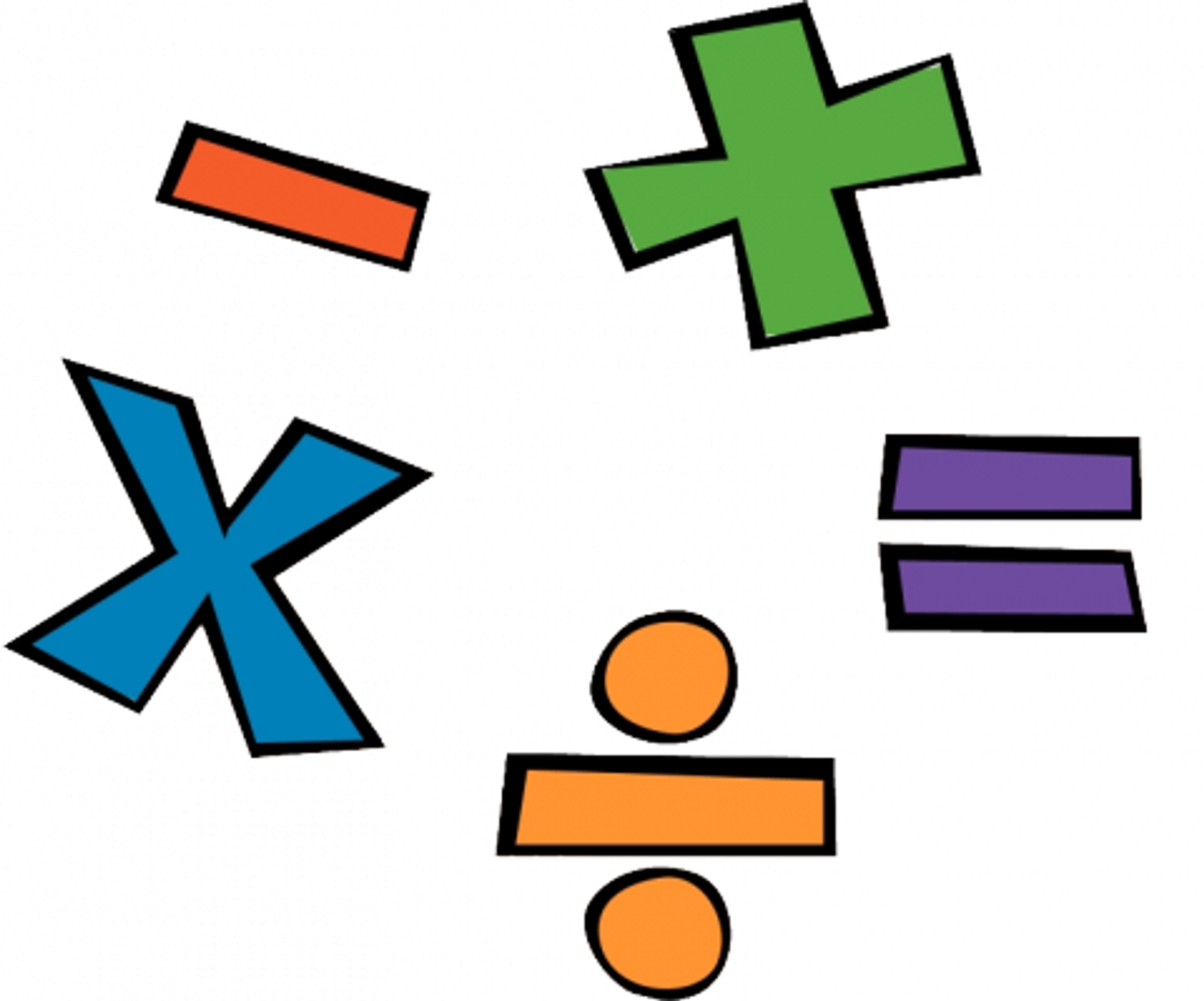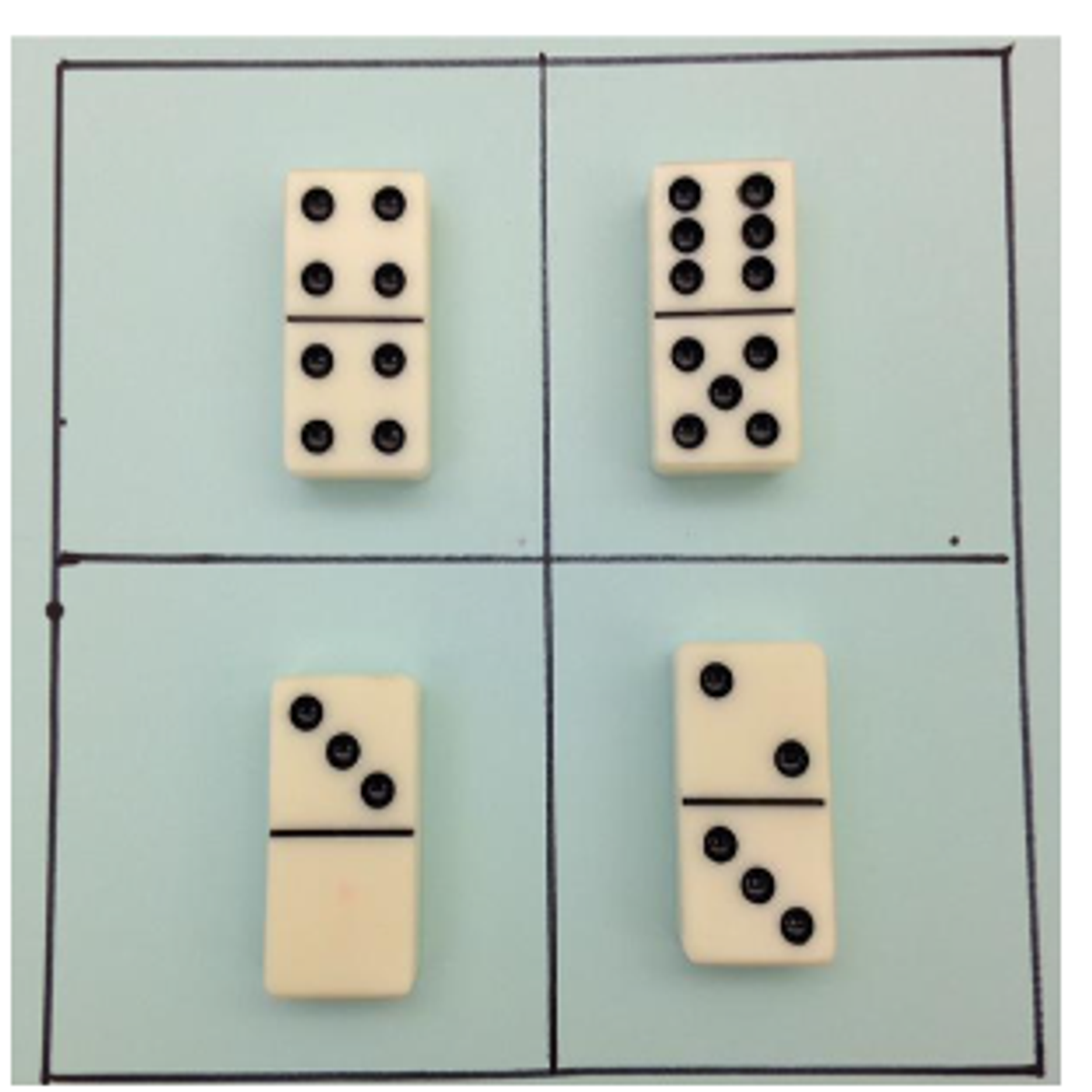Mathematics News

Becoming a Proficient Mathematician.
What makes someone ‘good at maths’. I remember as a child the competitiveness of being the first one to call out the answer to a times tables question, or being the first one to complete a page of sums in the book. But does this make for a mathematician?
Whilst being able to recall multiplication facts quickly or completing sums efficiently are signs of fluency, this is only one element of mathematics and if we can not do the other parts well, then we can find ourselves struggling when we are faced with more complex problems.
Our children also need to develop their understanding of mathematics. To manipulate numbers they need to be able to quantify them, to understand how a multiplication or division problem changes the quantity and what is represented. To develop understanding is to connect ideas, represent concepts in different ways, describe and justify their thinking mathematically and interpret the information in front of them.
Our children need to become problem solvers. To realise there are many ways to approach a problem and there can be many ways to solve this. Students learn to design their own mathematical investigations, apply knowledge to seek new solutions.
Equally as important is reasoning, where children are required to explain their thinking. This can often be the most challenging one. Where children are asked to explain their answer, or prove that their answer is correct. They need to apply prior knowledge to new situations and consider the various options.
Holiday Maths
Which one doesn’t belong and why? Hint: There is usually more that one answer, but who can be the most convincing?
https://wodb.ca/numbers.html

